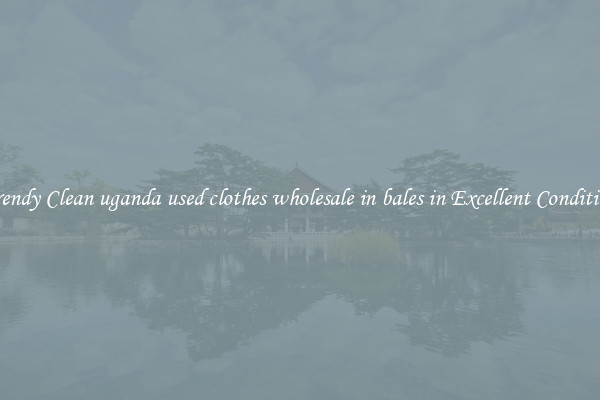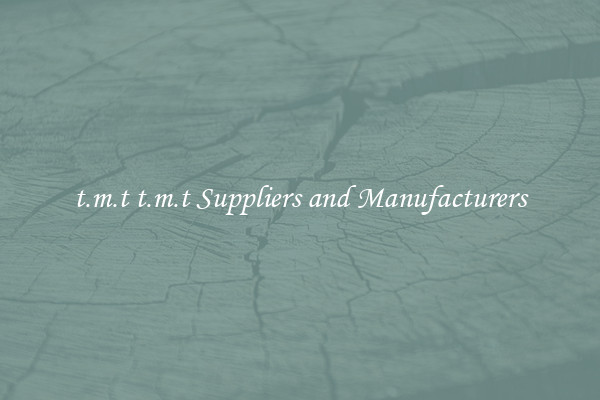sock cycling, sock cycling Suppliers and Manufacturers
Sock cycling has gained immense popularity in recent years as more and more people are becoming conscious of their carbon footprint and the impact of their choices on the environment. Sock cycling refers to the process of recycling old, unwanted socks and transforming them into new, useful products. This innovative concept helps reduce waste and promote sustainable living.

With the rise in demand for sock cycling, many suppliers and manufacturers have emerged in the market. These companies play a crucial role in collecting, processing, and transforming old socks into new products. They ensure that socks which would have otherwise ended up in landfills are given a new lease of life.
There are several sock cycling suppliers and manufacturers who specialize in this field. These companies have advanced machinery and skilled workers who are adept at recycling different types of socks. They collect socks from various sources, including individual donations, clothing recycling centers, and even partnerships with sock manufacturers.
Once the socks are collected, they go through a meticulous sorting process, wherein they are divided based on material, color, and quality. Socks made from natural fibers like cotton or wool are ideal for recycling as they can be easily transformed into new products. Synthetic socks, on the other hand, are more challenging to recycle due to their composition. However, advancements in technology have made it possible to recycle synthetic socks as well.
After sorting, the socks are thoroughly cleaned and sanitized. This ensures that any dirt, bacteria, or odor present in the socks are eliminated before they are repurposed. The next step involves shredding the socks into small pieces, which are then blended with other materials to create a new textile. This recycled textile is then used to make various products like blankets, rugs, mittens, or even new pairs of socks.
The growth of sock cycling suppliers and manufacturers has not only helped reduce the carbon footprint but has also generated employment opportunities. These companies often work with local communities and offer fair wages and safe working conditions to their employees. By supporting such companies, consumers can contribute to environmental preservation and community development.
In conclusion, sock cycling has become an essential practice in promoting sustainability and reducing waste. The emergence of sock cycling suppliers and manufacturers has given a new lease of life to old, unwanted socks and has opened up avenues for the production of new and useful products. By choosing to support these companies, individuals can actively make a difference and contribute to a greener, more sustainable future.

View details

View details

View details

View details








